The cost of Living in Ecuador in 2023
Make your relocation easier with the Ecuador expat guide
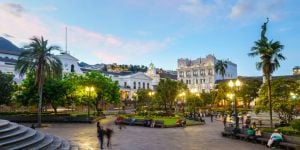
Work in Ecuador
Ecuador is famous as a retirement haven. But you might not want to wait until retirement age to move there and ...

Healthcare in Ecuador
Ecuador, as a fast-developing nation, has laws that are constantly evolving, but one thing is certain: the ongoing ...

Food in Ecuador
What kind of food will you find in restaurants, cafes, and private homes in Ecuador? Many restaurants in Ecuador ...

Leisure activities in Ecuador
You have made it to Ecuador, now what is there to do in your free time? A lifetime in Ecuador isn't enough time to ...
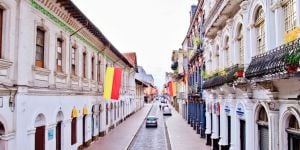
Work in Cuenca
There is no doubt that the Spanish colonial city of Cuenca is a wonderful place to call home, as demonstrated by ...
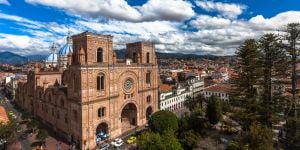
Accommodation in Cuenca
The rose-colored lenses through which potential expats have been made to view Cuenca often blur how the real ...
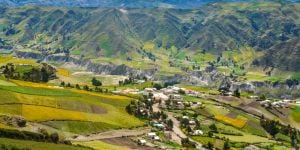
Family and children in Ecuador
Family is everything to an Ecuadorian. The extended family unit is the most important aspect of life in Ecuador, ...
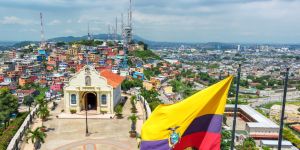
Setting up a business in Ecuador



